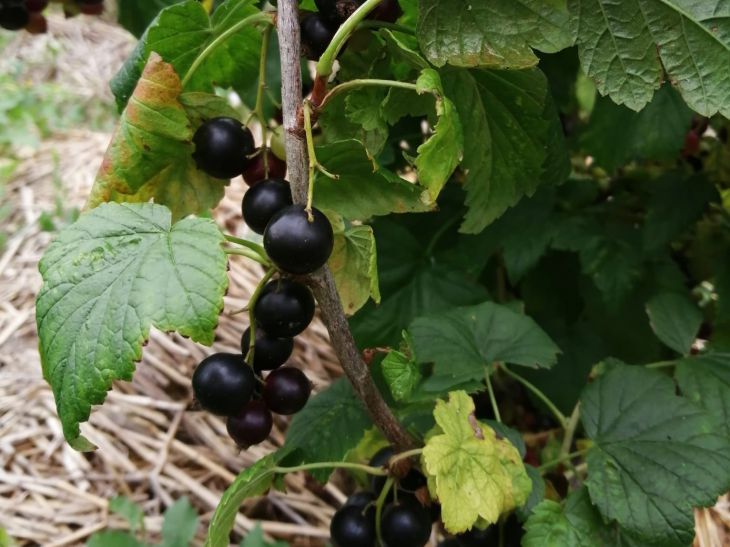Experienced gardeners claim that the benefits of starch fertilizer for currants are obvious. It contains potassium and calcium, phosphorus, magnesium, selenium, manganese, iron and copper.
We will tell you when you need to apply starch fertilizer in the spring and how it affects the yield of berries.
Why does currant need starch?
Potassium, which is found in abundance, is necessary for root development; the number of ovaries and the immunity of the bush depend on it.
Phosphorus is necessary for the rapid ripening of berries, magnesium improves the quality of berries, calcium is responsible for how the plant will absorb nutrients.
Iron protects against the development of chlorosis, and manganese and copper against fungal diseases.

With all this, starch remains a safe and natural product for people, soil and insects.
Another positive point: potassium and phosphorus in starch are contained in an accessible form, which means they will be quickly absorbed by the bush.
When to feed
The first important stage occurs in the spring, or more precisely, during the budding period.
The flowering of currants, and therefore pollination and future harvest, will depend on the feeding. The next two portions are applied in June – at the time of the appearance of ovaries and ripening of berries.








